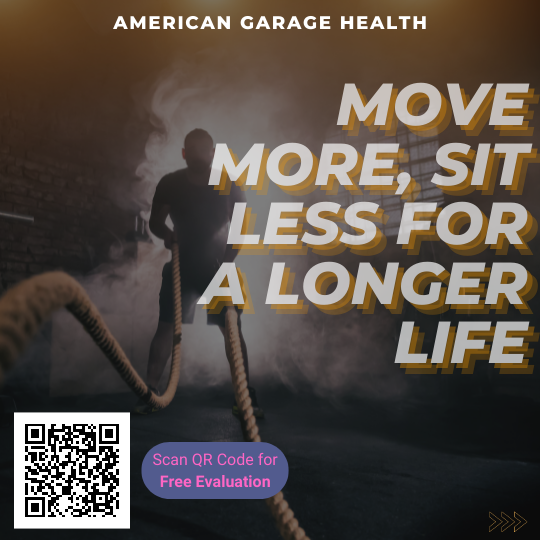In 8,958 persons in England who were 50 years of age and older, researchers examined cognitive function over a period of ten years.

Physical activity appears to be good for the brain and may help prevent the onset of neurodegenerative diseases including dementia and Parkinson’s disease, according to existing research. A recent study discovered that sleep deprivation can lessen the advantages of exercising.
Regardless of how much sleep they had, participants from the higher physical activity group often had the highest baseline cognitive scores. Yet at ages 50 and 60, those who had shorter sleep and more physical activity experienced a more rapid deterioration in cognitive function.
And, after ten years of follow-up, their cognitive scores were comparable to those of the groups with lower physical activity levels.
Conduct of the study
Researchers from UCL analysed longitudinal data from the English Longitudinal Study of Ageing (ELSA), which included 8,958 cognitively healthy people from England who were 50 years and older. The information was gathered from January 1, 2008, to July 31, 2019.
Every two years, participants provided reports on how much they moved and how long they slept.
Participants were asked how many hours they typically slept on a weeknight by researchers. The UCL researchers then classified sleep as “long” if it lasted longer than eight hours, “optimal” if it lasted between six and eight hours, and “short” if it lasted fewer than six hours.
Respondents’ level of exercise was also questioned by researchers. Researchers also took into account information like whether participants had previously taken the same cognitive test when adjusting their analyses.
Subjects gave information about how often they engaged in light, moderate, and strenuous physical activity as well as whether they worked out more than once a week, once to three times a week, rarely, or never.
Using the immediate and delayed recall tests from the Consortium to Establish a Registry for Alzheimer’s disease, researchers evaluated the participants’ episodic memory. Participants were given a list of ten words by researchers, and they were asked to recall the terms both right away and a day later. The participants’ verbal fluency was also evaluated by the researchers using a test in which they had to name as many animals as they could in one minute.
Participants who disclosed receiving a dementia diagnosis during the follow-up period as well as those whose test results indicated some degree of cognitive impairment were excluded by the UCL researchers.
Results:
Individuals who exercised more frequently were more likely to get 6 to 8 hours of sleep each night. In addition, they had higher levels of education and affluence than those in the lower physical activity group, and they were more likely to be male, younger at baseline, married or living with a partner. In comparison to individuals in the lower physical activity group, those in the greater physical activity group were more likely to not smoke, had lower body mass indices (BMI), fewer diagnoses of all chronic illnesses, and fewer depressive symptoms.
Regardless of how much sleep they had, participants from the higher physical activity group often had the highest baseline cognitive scores.
Yet at ages 50 and 60, those who had shorter sleep and more physical activity experienced a more rapid deterioration in cognitive function, and after ten years of follow-up, their cognitive scores were comparable to those of the groups with lower physical activity levels. The cognitive advantages of exercise seemed to persist even in older participants, age 70 and above, who had trouble sleeping.